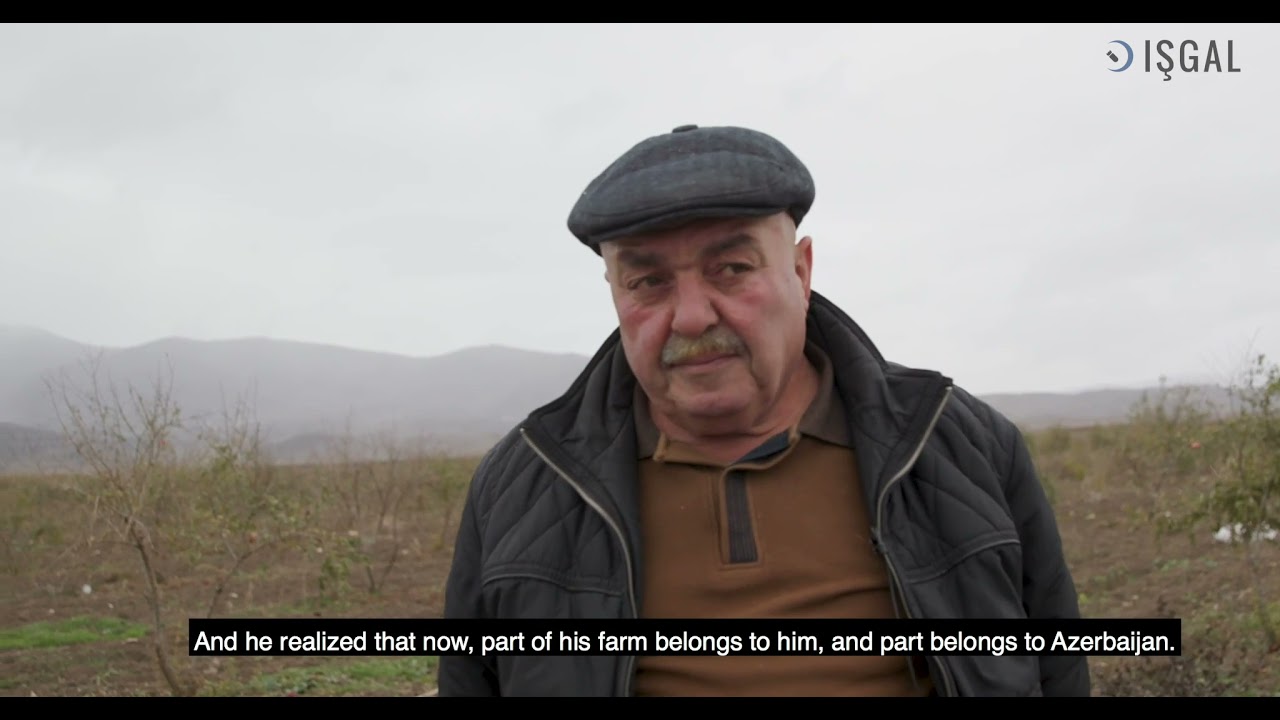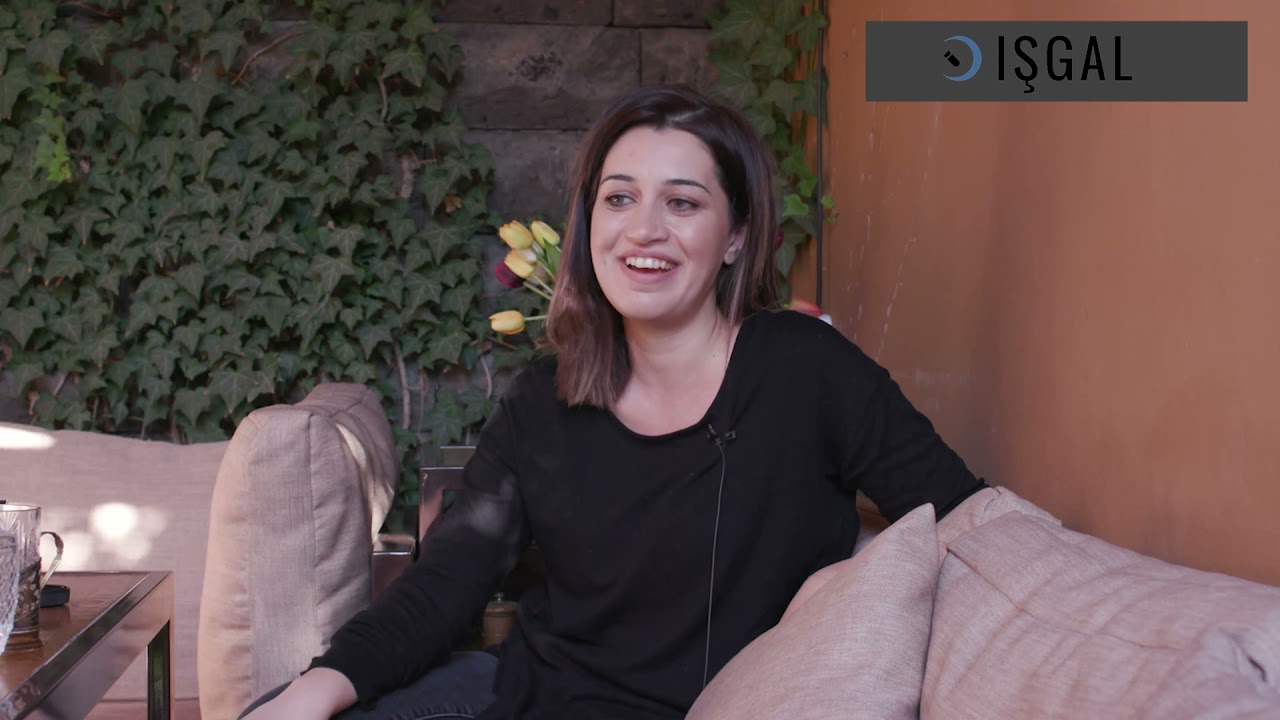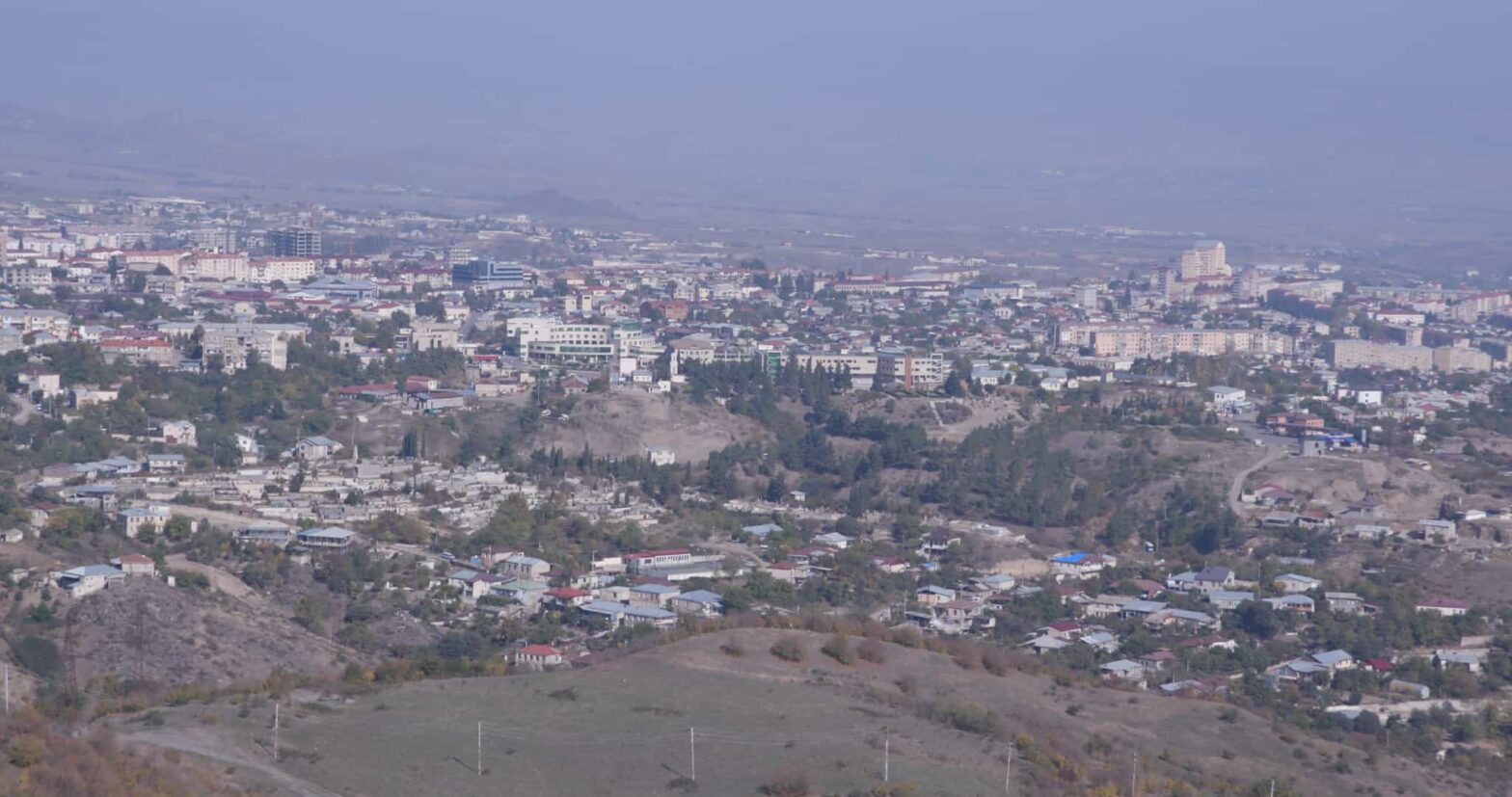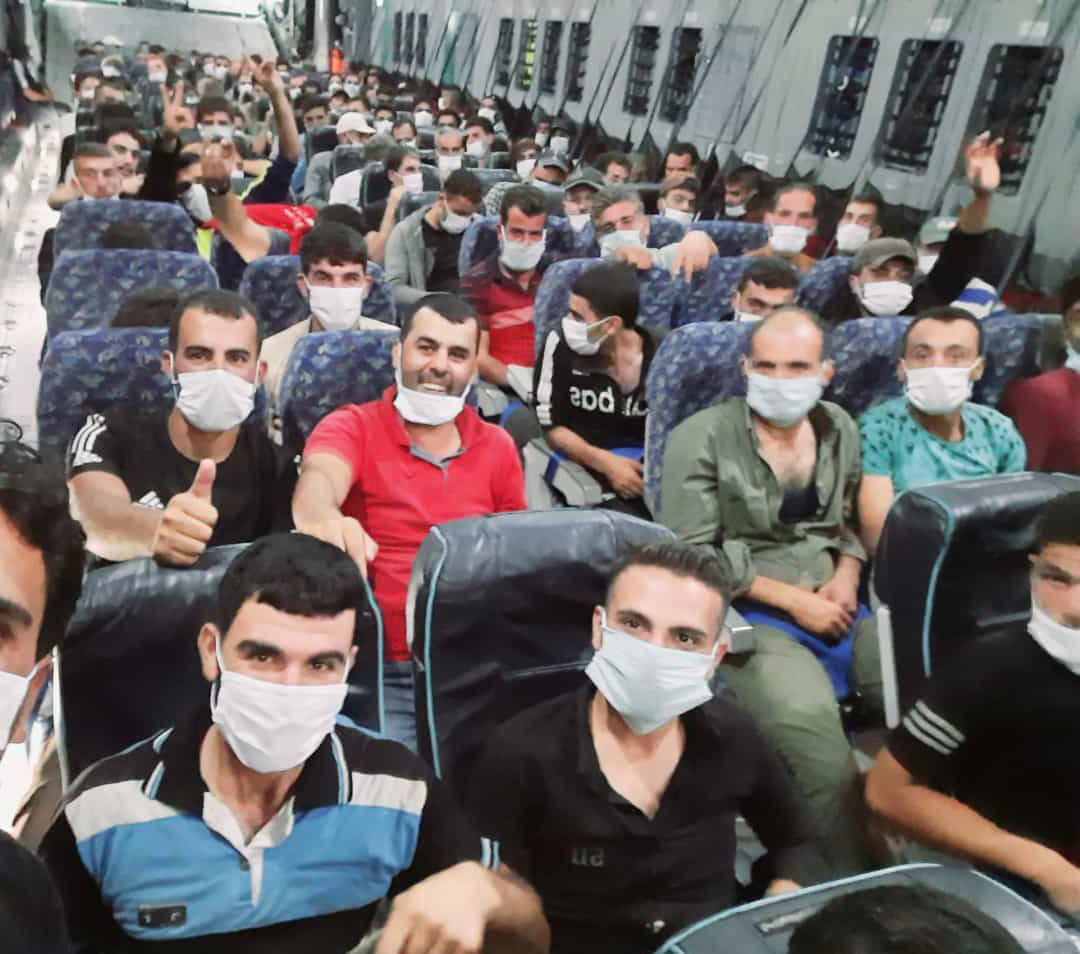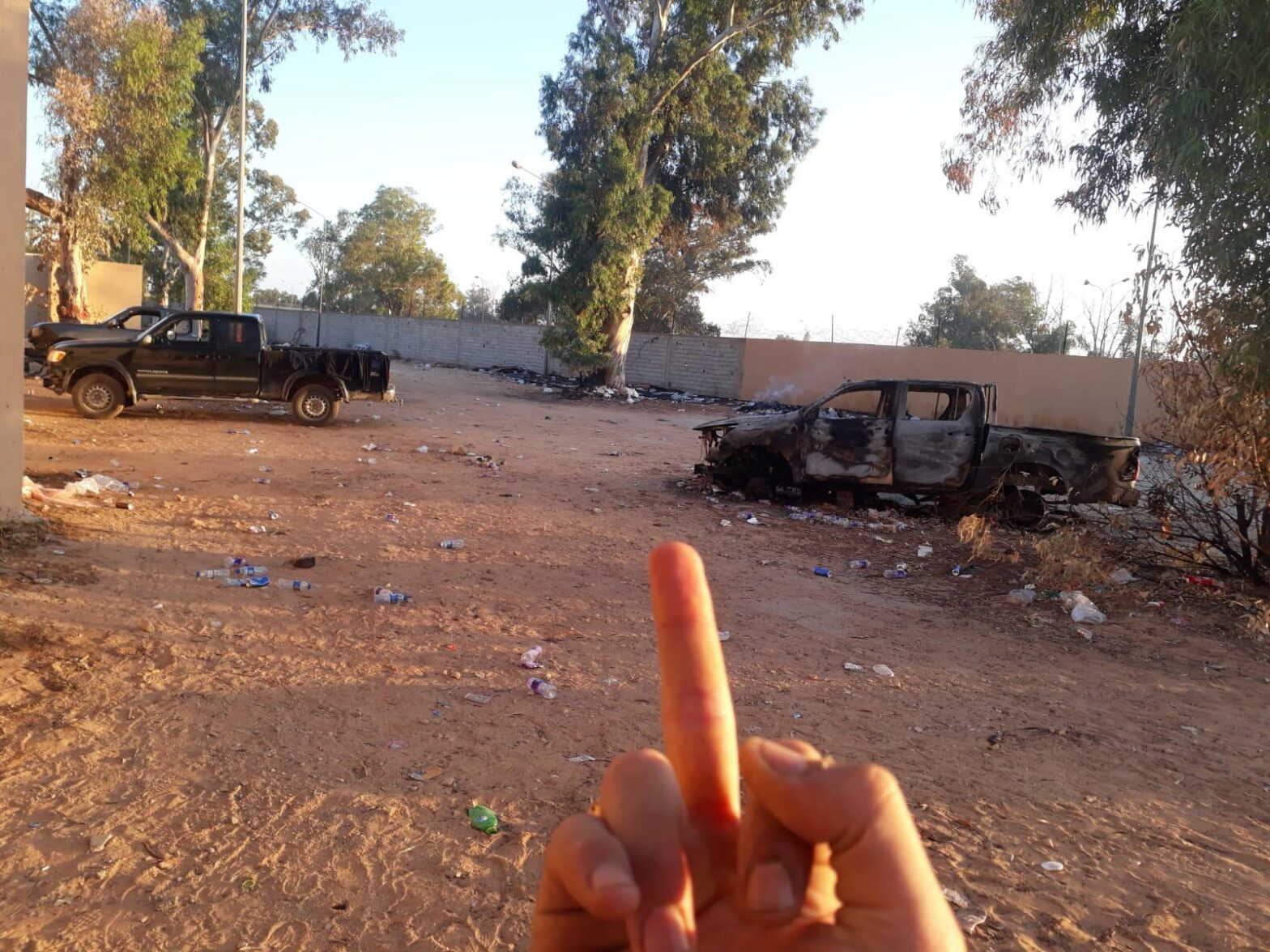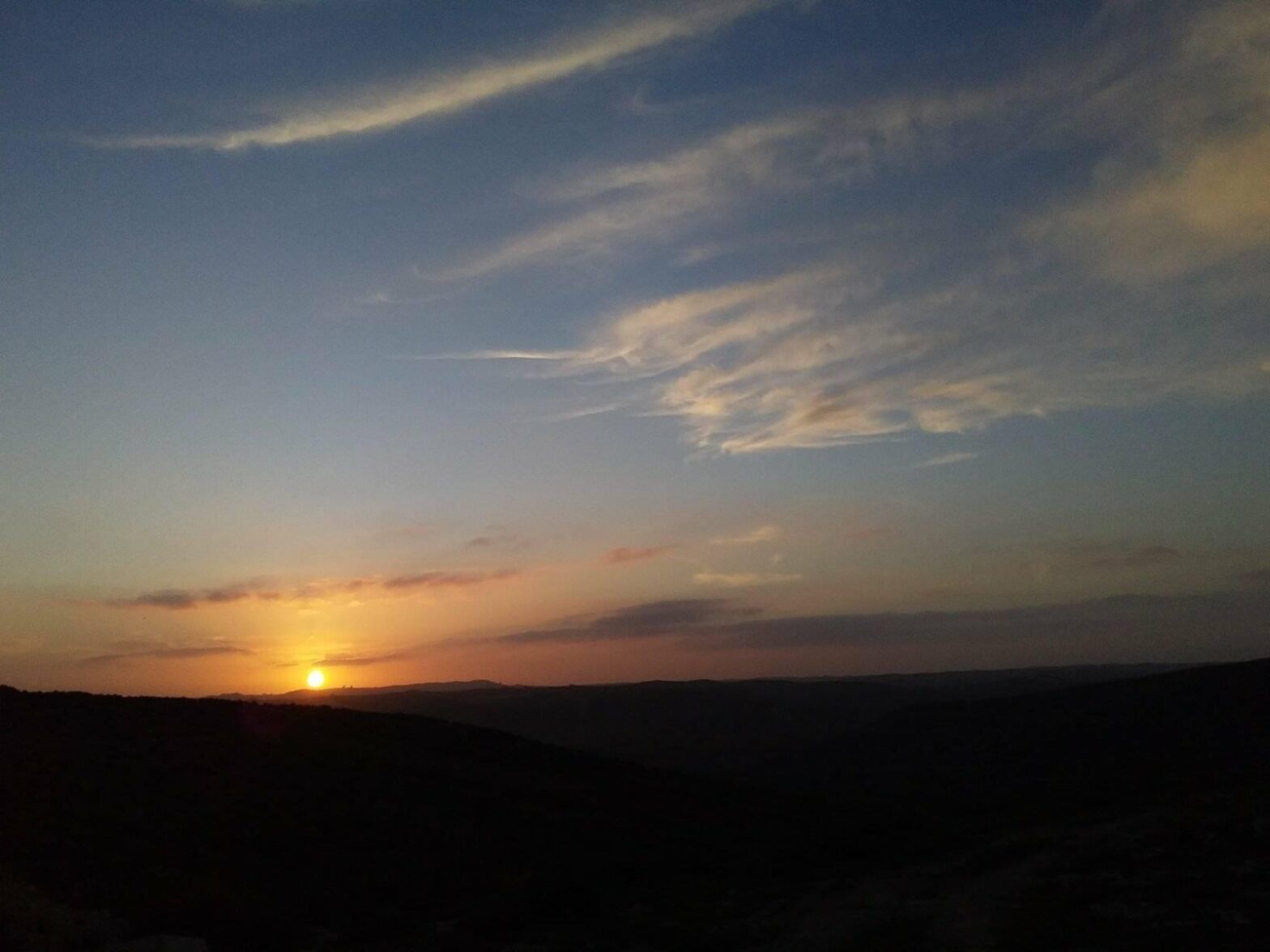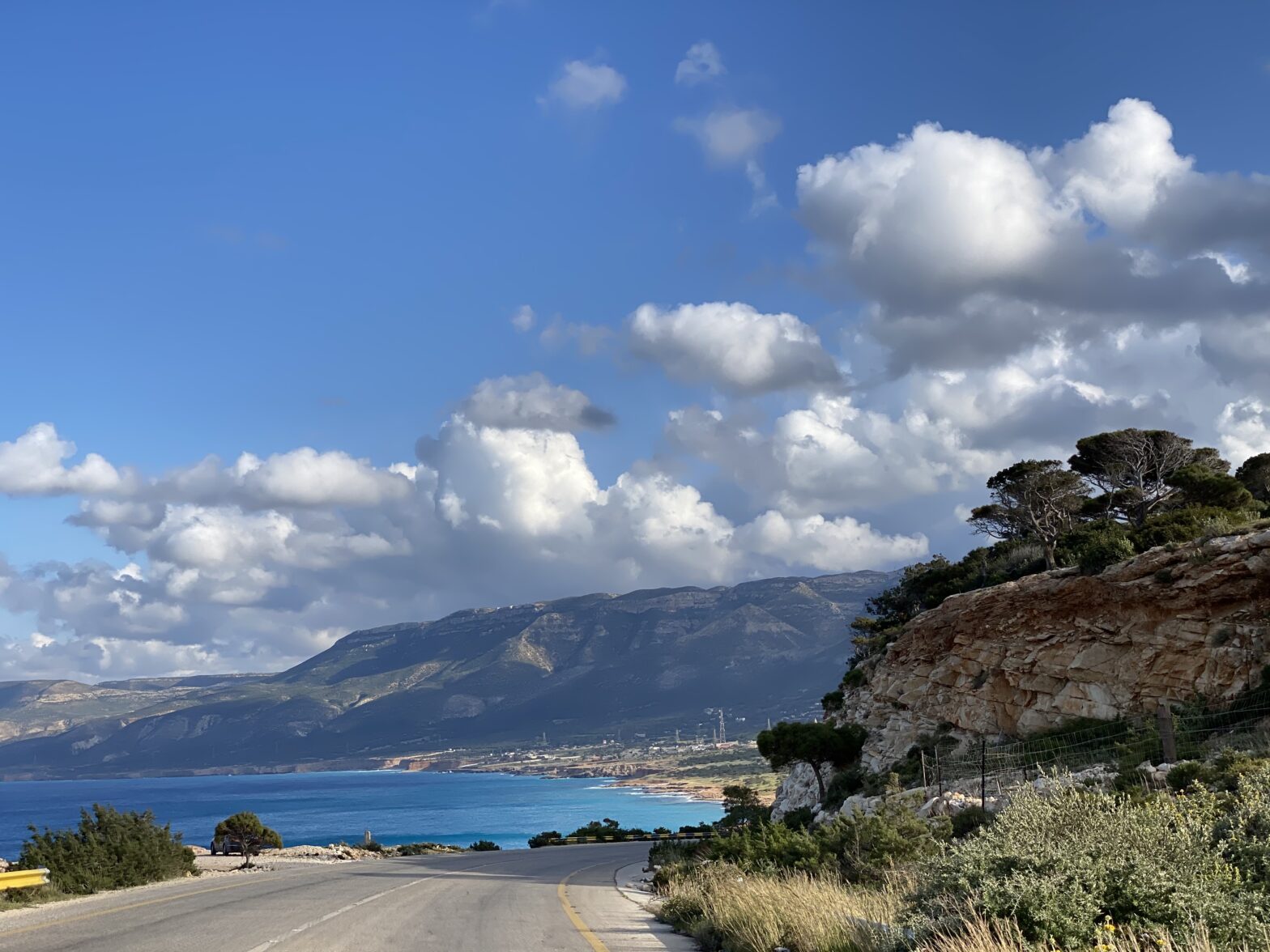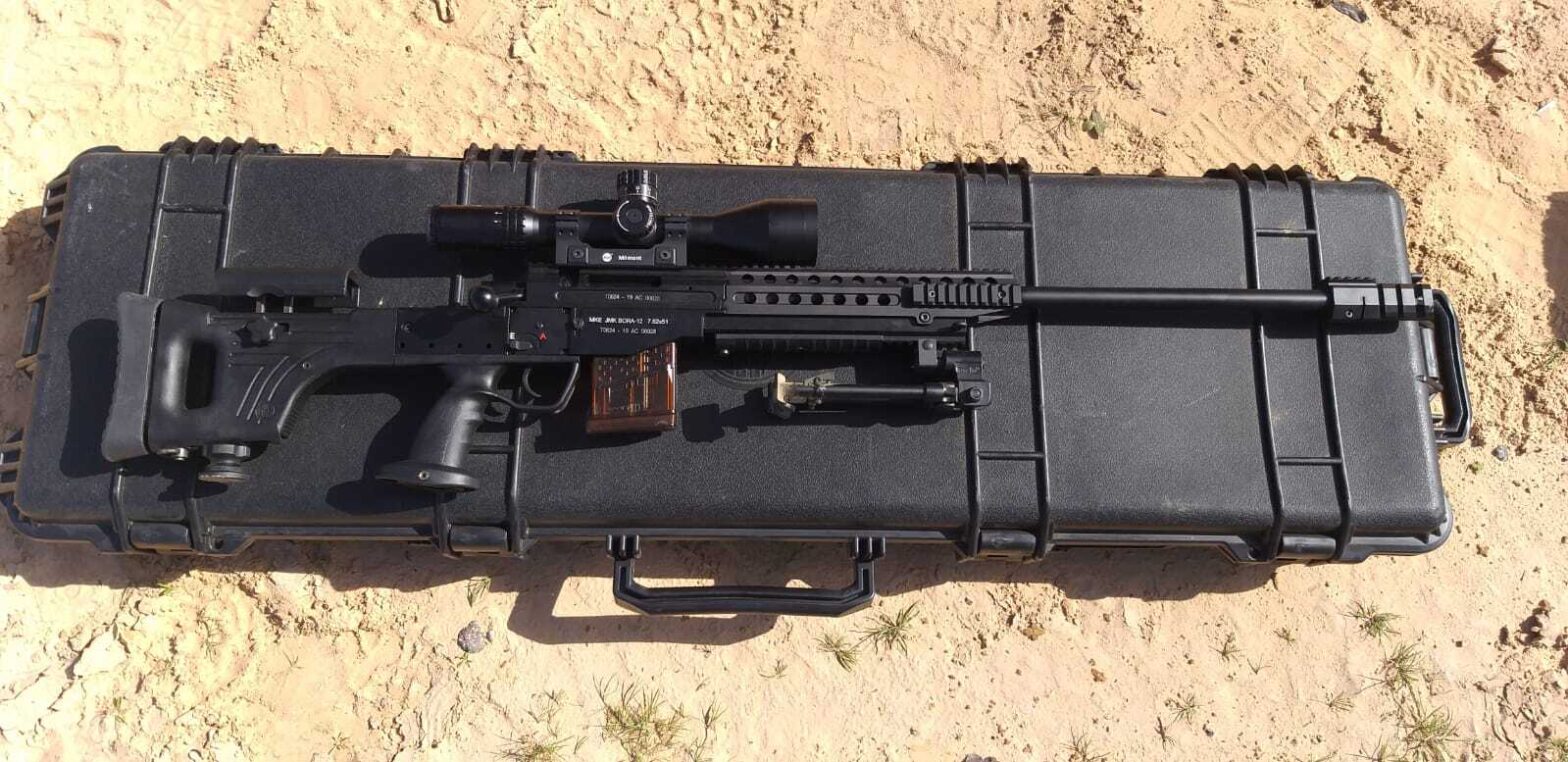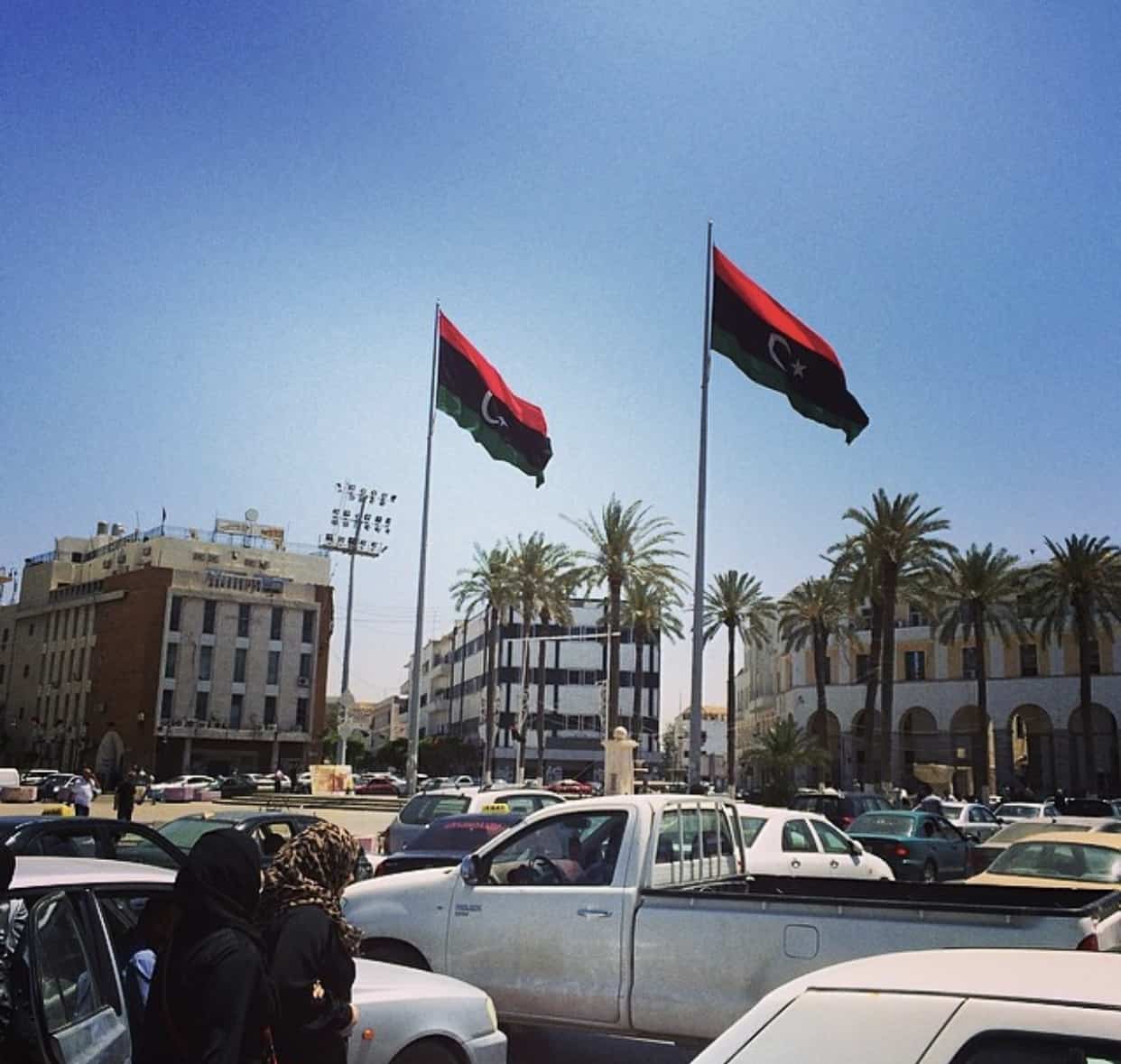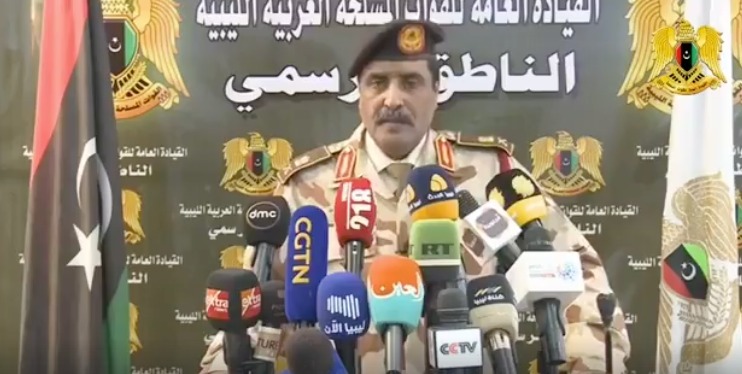“We’re still fighting to stay in this village. Even if we had the means to leave, we wouldn’t, because this is a sacred place for us.” The ceasefire agreement in Artsakh has left villages bordering Azerbaijani territory vulnerable.
Author: simitrulon
Armenians in Yerevan Come Together in Support of Karabakh’s Displaced
Armenians in Yerevan Come Together in Support of Karabakh’s Displaced
Artsakh After the Ceasefire
On September 27th, Azerbaijan launched attacks on Artsakh, including Stepanakert, its capital city. Turkey declared full support for Azerbaijan in the conflict. Azerbaijan’s staunchest ally, Turkey had already been supporting Azerbaijan militarily through arms sales and logistical support.
Overnight, seemingly all of Armenia mobilized to support the war effort. Thousands volunteered to fight, including many Armenians living abroad. Those who couldn’t fight gathered supplies, sewed blankets, and helped transport people and supplies.
Turkey’s Syrian Mercenaries in Karabakh “Feel Tricked” as Bodies Pile Up
On September 22nd, I received several reports from sources inside the Syrian National Army (SNA), the umbrella organization of all Syrian opposition factions backed by Turkey, that the first deployment of SNA men to Azerbaijan had taken place. For months before this, rumors that Turkey would be sending militants to Azerbaijans had been swirling among the SNA. “The men were taken to Turkey, forced to shave their beards and wear civilian clothes, and then they began their journey,” a Hamza Division militant in Afrin said.
A New Libya Ceasefire and the Syrian Mercenary Rumor Mill
On Friday, Fayez al-Sarraj, Prime Minister of the Turkey, Qatar, and UN-backed Government of National Accord (GNA), and Aguila Saleh, President of the Libyan House of Representatives, announced separate ceasefire statements. Both included a call to demilitarize the city of Sirte, though the proposed implementation details varied in each.
The statements drew praise from countries backing both sides, but after a number of failed ceasefires in Libya, it’s unclear whether the latest can succeed. In the short term, the annoucement means an uncertain future for the estimated 10,000 Syrian National Army (SNA) militants brought to Libya by Turkey as part of a military agreement with the GNA.
“Tarhuna Feels Like a Ghost Town Now.” Civilians in Tarhuna Suffer Following the Libyan National Army’s Retreat
On June 5, militias affiliated with the Government of National Accord (GNA), a UN-backed interim government based in Tripoli, pushed into Tarhuna following a retreat by the Libyan National Army (LNA), led by Benghazi-based Field Marshal Khalifa Haftar. “It was a humanitarian gesture intended to spare the Libyan people further bloodshed,” Major General Ahmed al-Mismari, spokesman of the LNA, said of the retreat.
“From Destruction to Construction” in Eastern Libya
The drive from Benghazi to Derna, a port city in Eastern Libya is stunning. After passing through the al Kouf valley, the route continues past picturesque Greek ruins and down a coastal highway overlooking the vast, blue Mediterranean. We stayed at the Emilia Resort, a cluster of well-appointed tourist apartments directly across from the sea. After we settled in, we met Suraqa el-Shaari, 26, at the resort’s restaurant and coffee shop.
“These Mercenaries Believe Whatever Turkey Tells Them.”
As Syrian and Russian forces bombard Idlib and the Aleppo countryside, thousands of militants from the Turkish-backed Free Syrian Army (TFSA) who would presumably be defending these areas in Syria are instead in Libya. They’ve been flown to Tripoli by Turkey, at the request of the Government of National Accord (GNA), to fight alongside the myriad Islamist groups defending the key city from the advancing Libyan National Army (LNA), led by General Khalifa Haftar.
“I Came for the Money.” Interview with a Turkish-Backed Syrian Mercenary in Libya
When Turkish President Erdogan announced he would be sending men from the so-called “Syrian National Army,” also known as the Turkish-backed Free Syrian Army (TFSA) to Libya to fight in support of the Government of National Accord (GNA) in Tripoli, rumors among the Syrian opposition began to swirl. One TFSA commander in Afrin told me that fighters would be paid $2000 per month. “It’s around $100 here in Syria, or $2,000 there. It’s an easy choice for them,” he said.
LNA Source: ISIS Member who Escaped SDF Prison in Syria Captured in Libya En Route to Europe
On January 19th, the German government hosted the two main warring parties in Libya, the Libyan National Army (LNA), led by General Khalifa Haftar, and the Government of National Accord (GNA), led by Fayez Sarraj, along with their foreign supporters, at a conference in Berlin to discuss the implementation of a ceasefire. The night before the Berlin talks, Major General Ahmed al-Mismari, the spokesman of the LNA, held a press conference.

